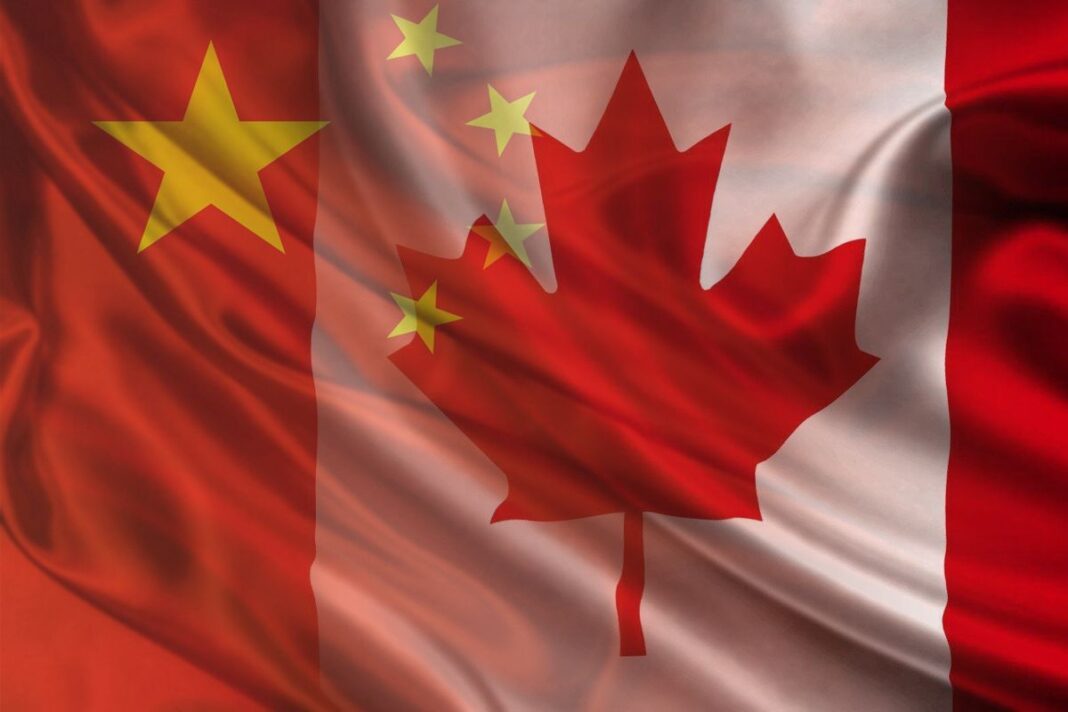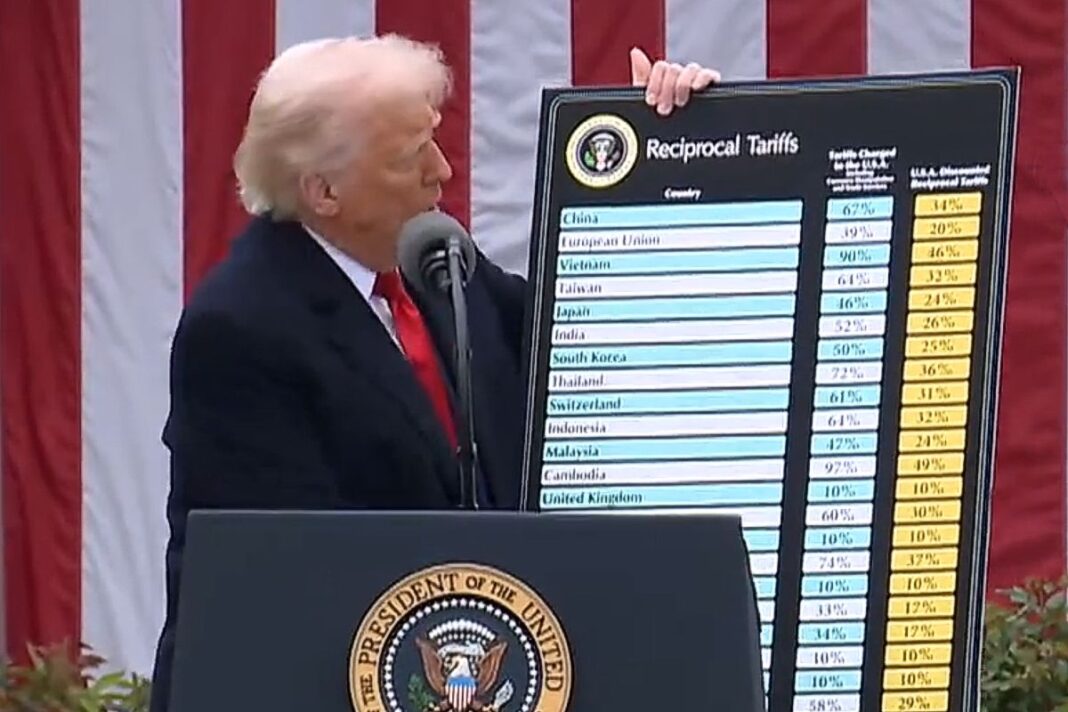“This ‘induce dependency, then weaponize it’ strategy is a hallmark of hybrid economic warfare,” says Scott McGregor, an author and intelligence professional.
News Analysis
Prime Minister Pierre Trudeau’s effort to forge diplomatic ties with the Chinese Communist Party (CCP) in 1970 proved highly consequential, opening the floodgates for other Western Bloc nations to follow suit and bringing the regime out of isolation. But another move made by Canada years earlier has continued to entangle its relationship with the communist regime.
In 1958, as millions were starving to death in China due to the famine caused by CCP leader Mao Zedong’s disastrous Great Leap Forward, China bought a small amount of grain from Canada, which Ottawa took note of as a sign of an emerging market. And after two Chinese agents who visited Canada in 1960 struck a deal for wheat worth $60 million, the government of John Diefenbaker, a self-declared staunch anti-communist, seized the opportunity to forge a $420 million deal for wheat and barley exports to China.
To be sure, there were dissenting voices in cabinet amid concerns about U.S. sanctions against the CCP, but ultimately the prospects of a lucrative new trade channel prevailed.
And as Canada’s agricultural and agri-food/fish exports to China have since grown to an annual $11.5 billion, so has China’s leverage over Canada each time Beijing wants to steer Ottawa in a certain direction. Very often, during heightened Beijing-Ottawa tensions, sectors and regions most impacted by potential revenue loss, should China block imports, act as local champions urging Ottawa to follow Beijing’s wishes.
“By targeting key sectors in select jurisdictions, Beijing creates localized economic pain, encouraging provincial leaders to advocate for pro-China positions in Ottawa,” Scott McGregor, an author and a former Canadian Armed Forces intelligence operator and intelligence adviser to the RCMP, told The Epoch Times.
He notes that Canada’s agricultural sector, and particularly canola, pork, and soy, is “highly exposed to CCP influence” due to the sector’s high dependence on exports to China.
The latest example of this is China slapping 100 percent tariffs on Canadian canola products at a time when Canada is mired in trade tensions with the United States and China is sending signals for Ottawa to move to its front rather than Washington’s. Against this backdrop, some premiers, such as Saskatchewan’s Scott Moe, whose province is a heavy canola exporter, are asking for closer trade ties with China.
But this CCP tactic of using imports as leverage has been seen before on multiple occasions, including when Canada arrested Huawei executive Meng Wanzhou on a U.S. extradition request in late 2018 and China blocked Canadian agricultural imports shortly after, in addition to detaining Canadian citizens Michael Kovrig and Michael Spavor in retaliation.








